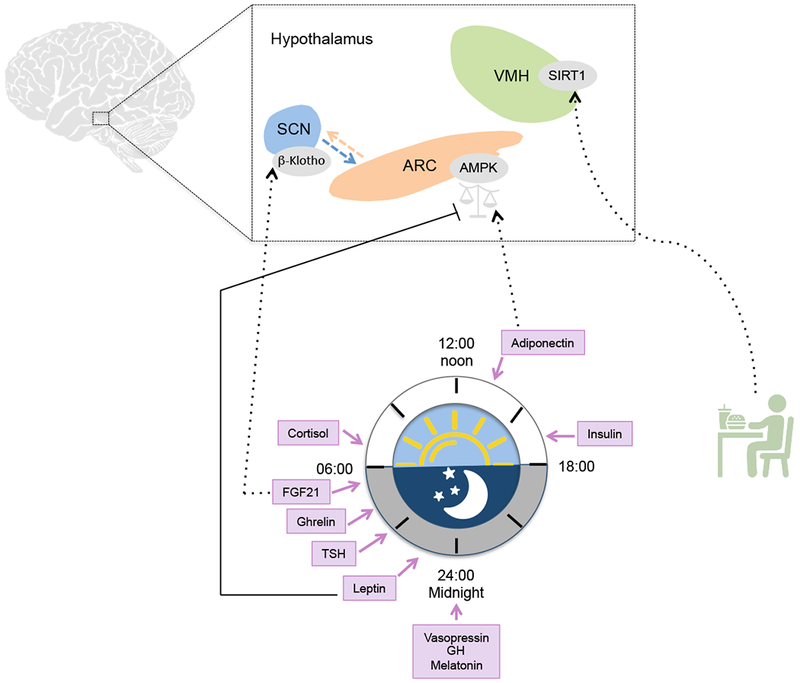Figure 4: Interplay between peripheral and central clocks.

Endocrine signals are central mediators of circadian physiology and circulating levels of several endocrine factors oscillate over the course of the day, including cortisol, insulin, ghrelin, TSH, vasopressin, growth hormone (GH) and melatonin. Peripheral tissues coordinate the diurnal secretion of factors that provide positive and negative feedback inputs to the brain clocks. Hypothalamic diurnal activity of AMP-activated protein kinase (AMPK) is finely tuned via the opposite action of two adipokines: leptin and adiponectin. The metabolic regulator fibroblast growth factor 21 (FGF21) is secreted from the liver and modulates directly the central clock in the SCN by inducing activation of β–Klotho receptors. Oscillation of other humoral factors such as ghrelin may also provide peripheral feedback to central clocks. Metabolic cues are also conveyed to the brain through the action of the metabolic sensor SIRT1. In the ventromedial hypothalamus (VMH) SIRT1 is key for the adaptation of the central clock to feeding. ARC, arcuate nucleus. Dotted arrows indicate activation. Solid arrows indicate inhibition.
